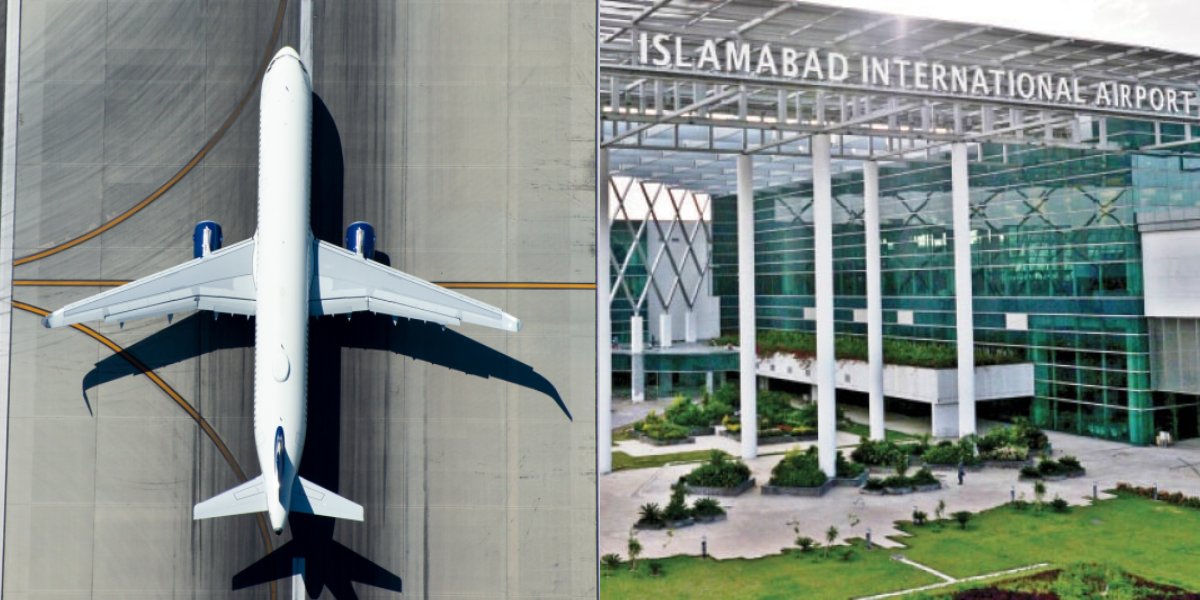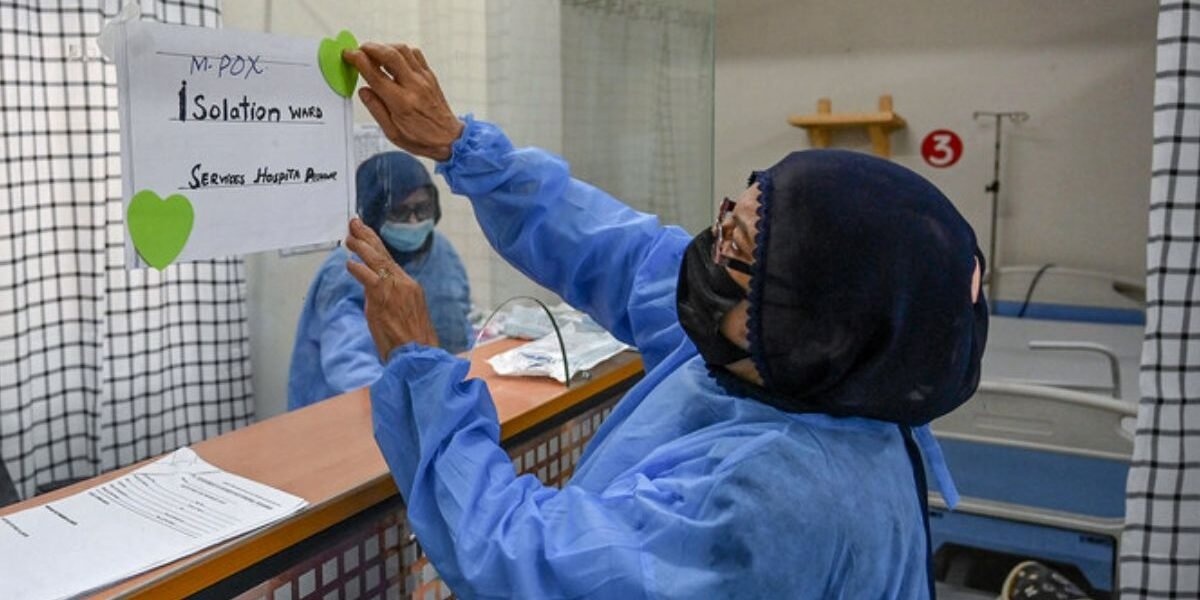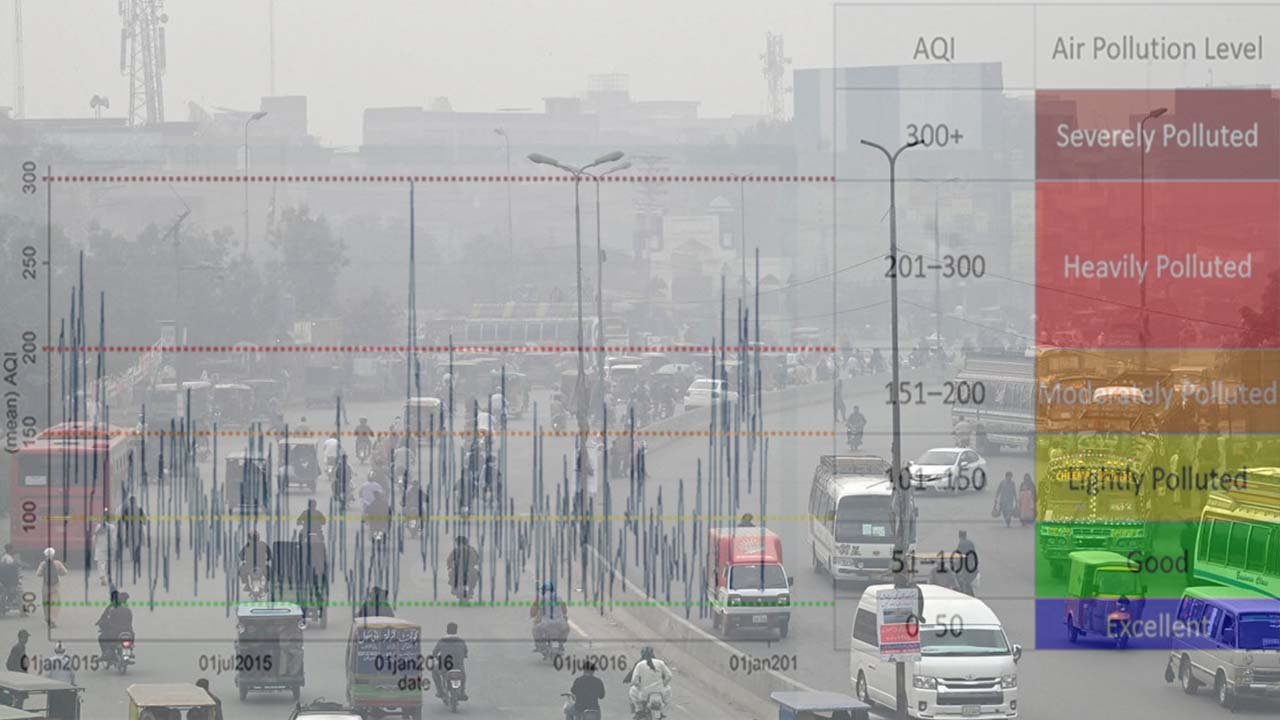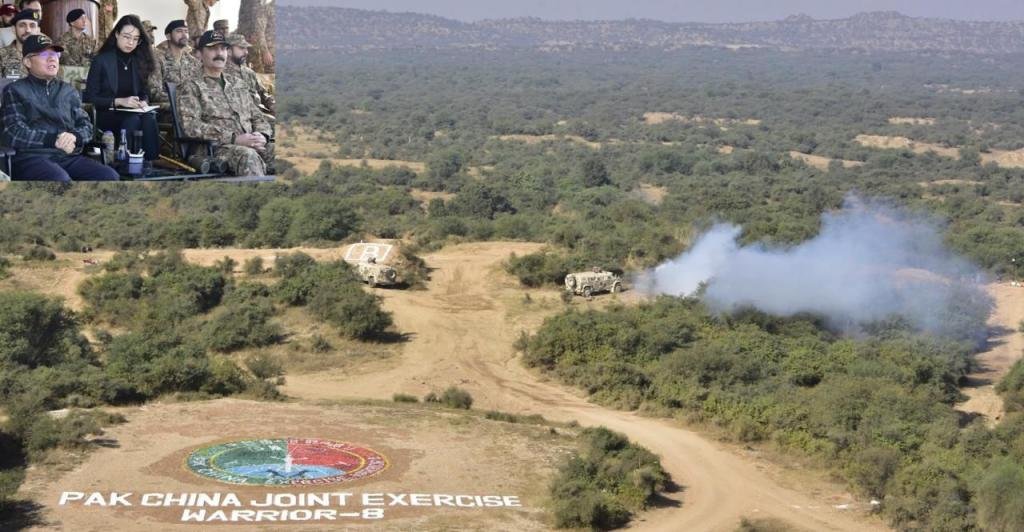ISLAMABAD: The Pakistan Airports Authority (PAA) has announced a major upgrade at Islamabad International Airport, expanding parking for narrow-body aircraft and generating an additional Rs136 million in income from Passenger Boarding Bridges.
The airport has repurposed existing infrastructure to meet the growing demand for narrow-body aircraft operations. Initially, three wide-body aircraft bridges have been converted to accommodate narrow-body aircraft, with plans to add five more soon. This will bring the total to eight wide-body bridges serving narrow-body aircraft.
Currently, the airport operates six narrow-body bridges and one wide-body bridge, with these upgrades set to expand capacity further.
According to the PAA, this strategic initiative will not only improve passenger convenience and aircraft turnaround times but also contribute to environmental sustainability by reducing carbon emissions.
What are Narrow-body aircraft?
Narrow-body aircraft, also known as single-aisle aircraft, are smaller commercial planes with a single aisle running through the cabin. They are shorter and have a cabin width of less than 4 meters. Narrow-body aircraft can seat up to 300 passengers, with 2 to 6 seats per row. They are typically used for short to medium-haul flights, including domestic and short-haul international flights.
Benefits of Narrow-body aircraft
- Narrow-body aircraft are generally more fuel-efficient than their larger counterparts because they are smaller and lighter. This results in less fuel consumption per passenger, which contributes to reduced carbon emissions.
- By utilizing narrow-body aircraft on more routes, airports can increase operational efficiency and reduce congestion, which leads to less idle time for planes and lower overall emissions from aircraft on the ground.
- The overall carbon footprint of narrow-body aircraft is typically smaller than that of wide-body aircraft, contributing less to climate change while providing a more sustainable option for airlines and passengers alike.
Read more: Metro bus pelted with stones near capital’s Bari Imam
















